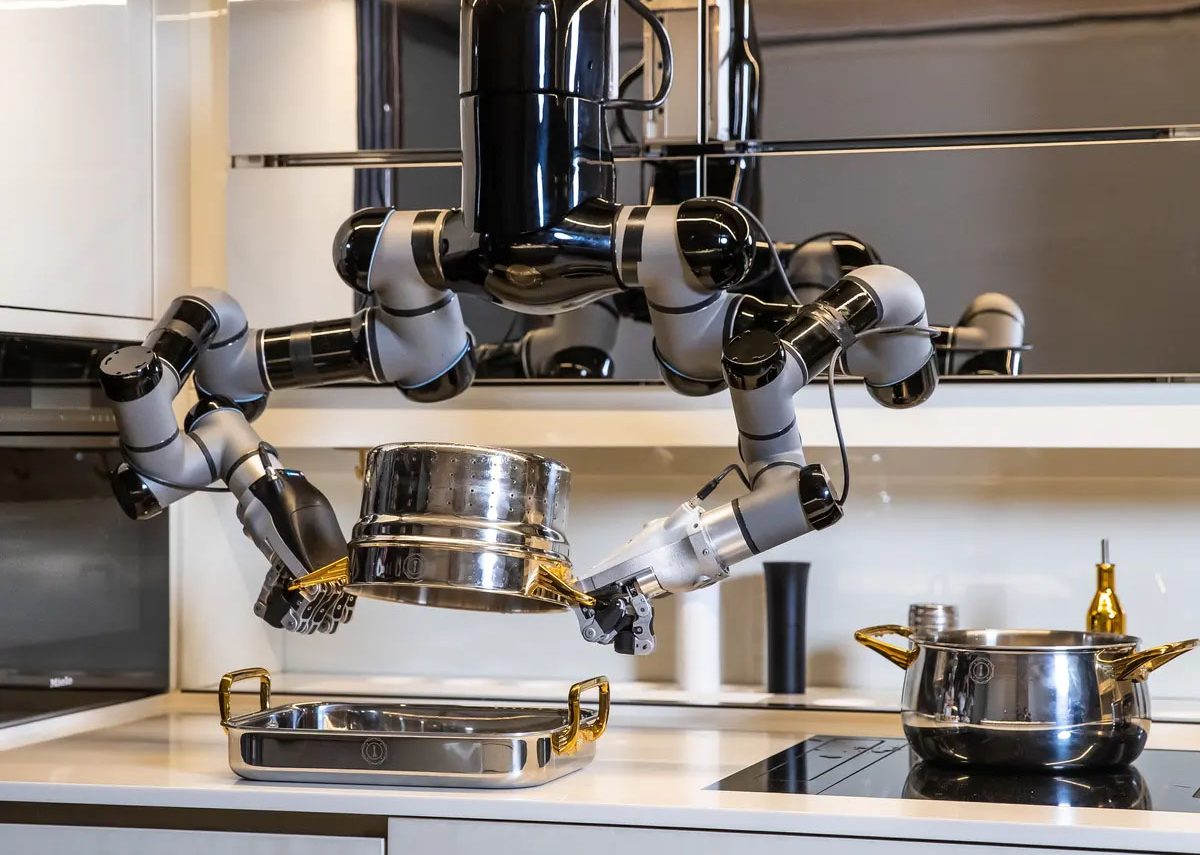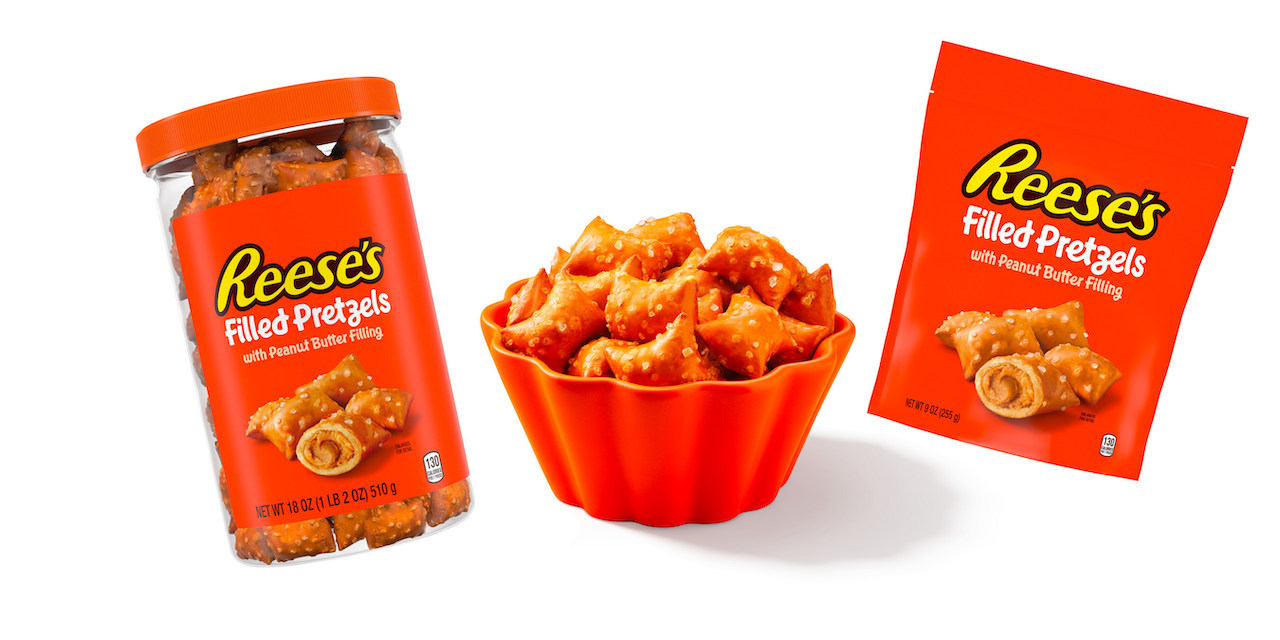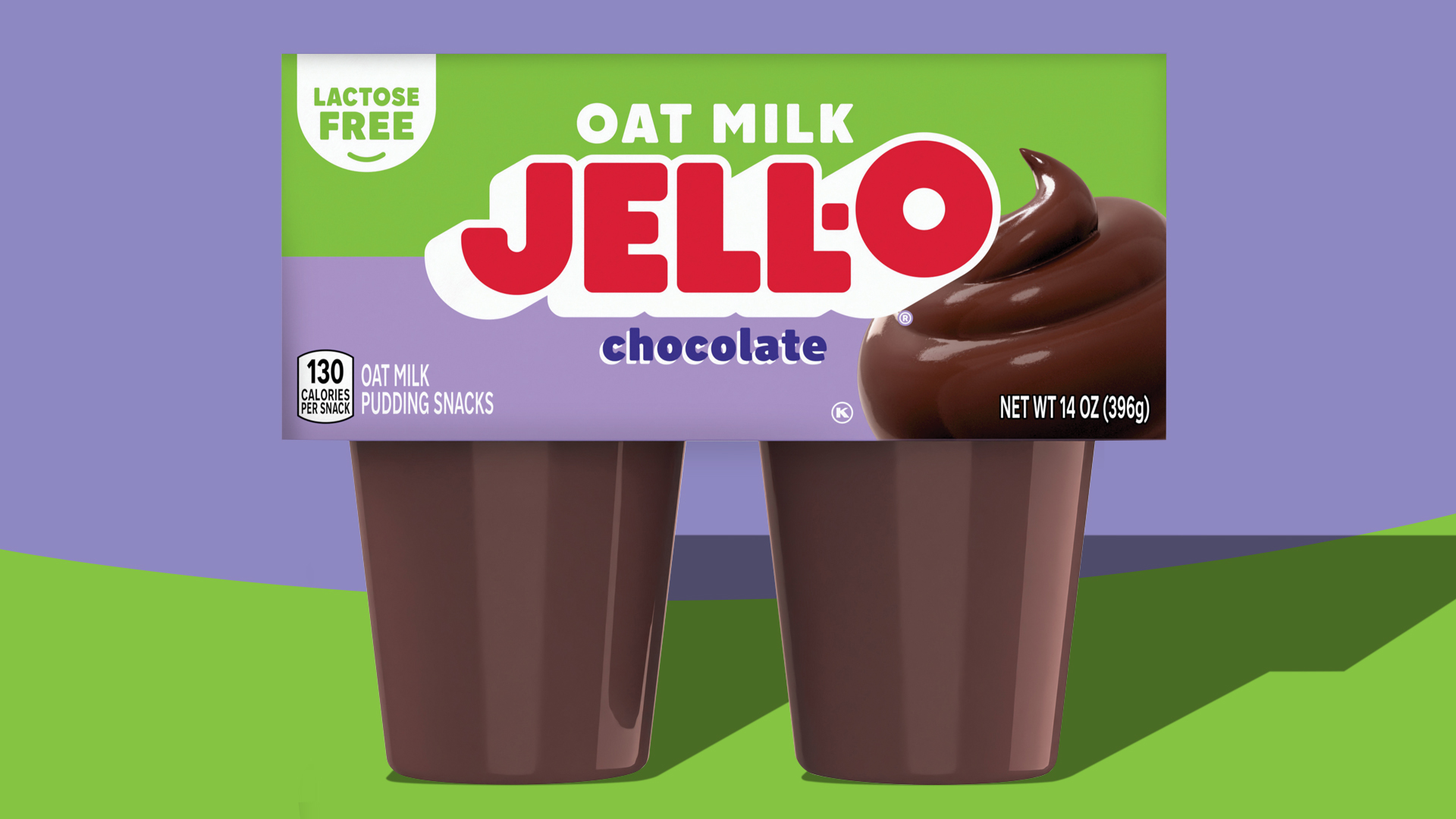How Artificial Intelligence Will Change How We Cook At Home

As artificial intelligence becomes increasingly prevalent in the culinary world, naturally it will reshape how we use recipes and cook food. Technology that can learn and think for itself has the potential for expansive culinary innovation.
For example, if a machine equipped with AI is given an extensive list of ingredients along with its uses and origins, it can then apply an algorithm which allows it to create new recipes. It even has the potential to create completely new recipes by combining ingredients in previously unimagined ways.
A blog post from AI Plus Info explains that in addition to inventive recipe ideas, AI can also account for dietary restrictions, personal preferences and health concerns. That means meals can be customized specifically for your palate and diet.
We’ve covered several restaurants that have begun utilizing AI-driven automated robots. For example, a Paris, France-based pizzeria named Pazzi operates fully automated, without human workers. As the restaurant industry leads the push towards automation, it’s not surprising at-home kitchens are next to follow.
Dubbed ‘smart technology’, AI-enabled kitchens feature smart devices that automate tasks for you. From voice control to mobile app monitoring, smart devices reduce time and effort, adding convenience to everyday tasks. While smart ovens and dishwashers started the conversation, smart refrigerators are fast becoming the talk of the appliance world.
Smart refrigerators have the ability to discern when a item needs to be replenished, or is nearing expiration. They’ve even developed a way to help you decide what recipes you can make based upon the food items you currently have.

Paving the way for the next generation of smart refrigerators is Samsung’s Food AI, a food platform that delivers personalized cooking experiences. It works with Samsung Family Hub’s ViewInside camera and is equipped with AI-powered image recognition. Using the camera to scan the contents of the fridge, Food AI recommends a curated selection of recipes based upon your dietary preferences, desires and situational needs.
According to RTS, Americans waste about 40 billion tons of food every year. That equates to 219 pounds of waste per person. Smart fridges have the capability of helping us reduce food waste by making better cooking choices.
Advances are also being made when it comes to at-home cooking. Moley Robotics, a London-based tech startup, has developed robotic arms that can be installed above your stove. It can stir, whisk and flip over 5,000 different recipes and all you have to do is supply the ingredients. The arms were actually developed after the movements of BBC MasterChef Tim Anderson.
As AI-driven technology improves, the role of humans in the kitchen will decidedly change. The days of wondering what to cook, continually checking the oven and even cleaning up the mess will gradually disappear. This may not sound appealing to those who love the cooking experience, yet for many people, the extra time it frees up will be a main attraction.
Nevertheless, whichever side of the culinary fence you stand on, one thing’s for sure, AI will undoubtedly help us in ways we both least expect and eagerly await.






















